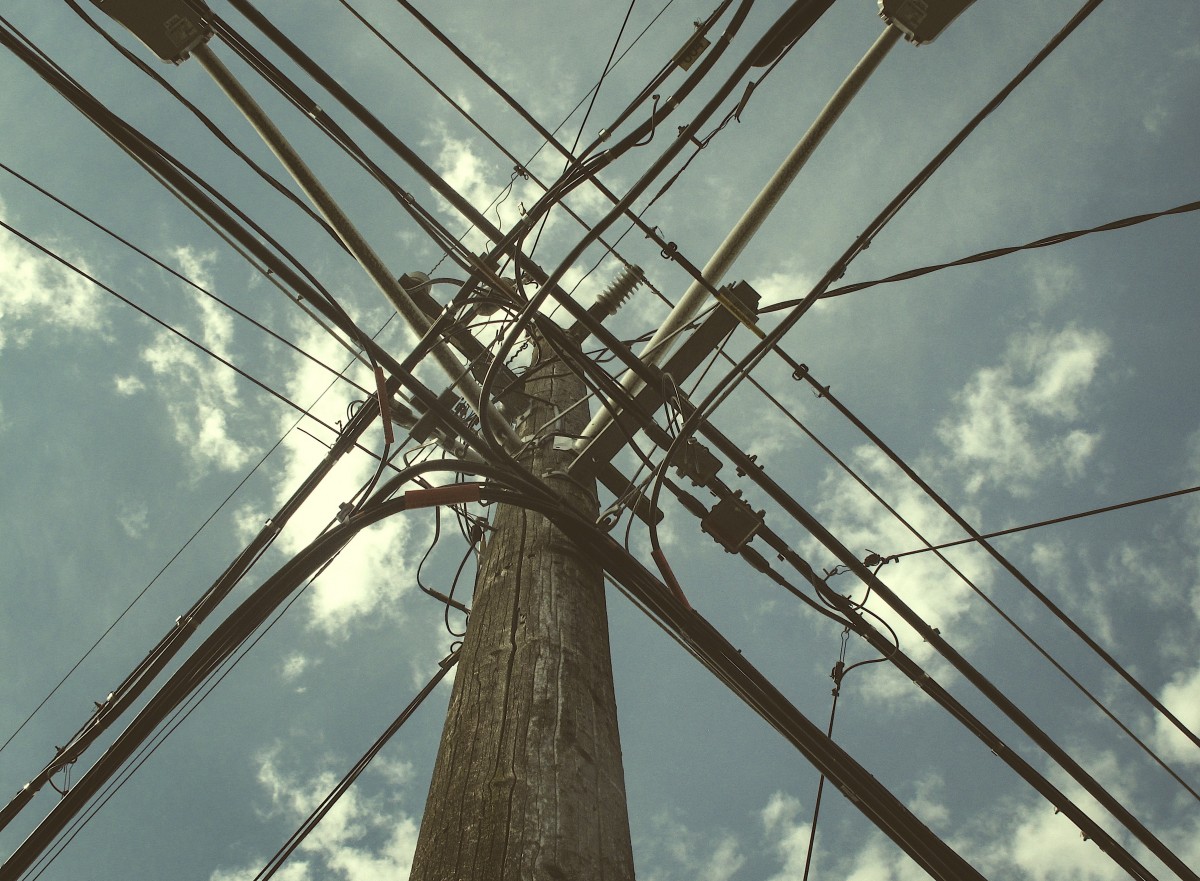There have been major challenges in the power industry in Nigeria since most of its citizens can remember. It is the main infrastructural bottleneck holding back the productivity and full economic potential of Nigeria, which boasts Africa’s largest economy.
For Nigeria to compete on the global stage we need to be able to produce end products locally at a competitive price. In the manufacturing of goods, electricity is a major component of the operating cost. Therefore, having a stable and predictable source of electricity is paramount in growing the manufacturing sector in Nigeria.
Due to insufficient revenue being generated by the national electric grid to cover costs and capital investments, electricity supply to consumers is inconsistent and in some locations unavailable. This drives businesses and individuals to revert to producing their own electricity using noisy, polluting diesel generators.
As a background, Nigeria’s power and utilities sector, which was previously publicly run, has since been privatized beginning in 2005 with the signing of the Electric Power Sector Reform (EPSR) Act. Unfortunately, the hopes that the private sector would bring a steady supply of power to Nigerians has slowly been met with pessimism as only 45% of Nigerians have access to the power grid.
Let’s dive into some of the major challenges in the power and utilities sector in Nigeria.
Misaligned Incentives and Unattractive Investments
This might come as a surprise to most people, but what the average consumer pays for electricity to Power Holding Company of Nigeria (PHCN) is insufficient. The current price of electricity is set too low for generation companies (gencos) and distribution companies (discos) to make enough money to be profitable, which is why they are unable to make necessary investments in the system.
Additionally, since the Naira to US Dollar (USD) exchange rate has risen from 120 to 360, the real revenue for gencos and discos has decreased significantly because these companies have loans that are USD-based.
Nigeria should consider a pricing model for electricity that mimics successful models currently being used in other African nations. For example, a business in Accra, Ghana, pays Ghanaian Cedi (GHC) 1.64/kWh ($0.35/kWh). Meanwhile, a business in Lagos, Nigeria, pays NGN 29.78/kWh ($0.082/kWh), to the national grid.
At face value, it would seem Nigerians enjoy electricity at a rate 4-times lower than her neighbours in the west, however, electricity from the grid in Ghana is very stable with power outages averaging only 2-3 minutes. However, in Lagos, every business runs mostly on diesel generators, and power outages are much longer in duration lasting anywhere from several minutes to several days.
To further illustrate this, the use of diesel generators to complement the shortfall of the electricity supply from the grid causes an increase in the overall price of electricity. In this instance, a business must pay for the cost of fuel, the generator, maintenance, the salaries of staff members managing the power, and additional equipment, such as UPS and inverters. This drives the effective rate of electricity for most businesses up to $0.55/kWh.
One of the major challenges in the power industry is that Nigerians are currently paying a rate that prevents private companies in the power and utilities sector from becoming profitable. This leads to fewer businesses and investors being interested in entering the power industry.
Insufficient Metering
The initial steps to creating a pricing structure that takes into account the cost of electricity include getting a sense of what every consumer and business is currently paying for electricity. Therefore, every household and business must be properly metered.
Unfortunately, since there isn’t enough capital invested in the power and utilities sector, discos do not have enough capital or incentive to buy and install meters in every business or home. This leads to distribution companies estimating their billing, which ultimately creates more distrust between the end consumers and the power sector.
Consumer Trust
Since Nigerians have become so used to not having electricity and being dissatisfied with the current state of power and utilities solutions, it is difficult to get us to trust a system that has perpetually failed. Therefore, any attempts to increase the price that citizens pay for electricity will undoubtedly be met with resistance. It’s clear that this lack of trust will take some time for power industry players in both the private and public sector to overcome.
Conclusion
In an effort to address the major challenges in the power and utilities sector, the Nigerian Electricity Regulatory Commision (NERC) should employ cost-reflective-tariffs for electricity, which will take into account the true cost of delivering electricity to consumers.
In line with this, the Central Bank of Nigeria (CBN) should play an aggressive role in providing Naira-based low-interest loans to the private companies that are investing in the power sector. This shall ensure changes in USD to Naira exchange rates do not force further increase in electricity tariffs. Both options would make the sector more economically attractive for private companies that are looking to invest and have the capacity to build a more efficient system that can deliver a steady power supply to Nigeria’s 186 million inhabitants.

